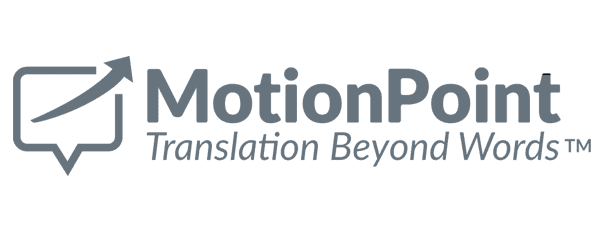




The value of professional translation services becomes apparent when companies want to reach new audiences. For most companies, serving customers in their preferred language is a great way to sustain companies’ growth, and it is often necessary for spreading further information, knowledge, and ideas.
Here’s are some quick survival guides on the professional translation service industry.
Companies’ online, written, or spoken words often need to be available in the audience’s preferred language to communicate effectively about its organizational products or services. With the assistance of a professional linguist, a company can share its message in various languages while trying to enter new global markets or improve the customer experience. Typically, professional translator hourly rates in the United States can range from $65 to $125 and vary depending on the level of education, type of certifications, and type of translation needed.
Companies seeking translation service providers review them by services offerings, work history, turnaround time, and most importantly, the certifications they carry. Typically, a certificate of ISO 9001 and ISO 17100 is recommended and is issued by registration bodies accredited by an International Accreditation Forum (IAF) member. Those two types of certifications guarantee that translation service providers have stringent processes for delivering high-quality translation and have implemented a quality management strategy. Most translation service providers that hold both certifications, are heavily invested in their professional translation service offerings, which typically means they are audited to earn that certification.
Some translations require subject matter experts in the field or industry of its target audience. That is why it is essential for companies to partner with the right translation service provider if they have specific needs. Below are common types of translation available for companies wanting to enter new markets or improve customer experience.
Website translation is another type that can fall under the various types of translation mentioned above.
Companies looking to attract new audiences will also have different needs or requirements from their preferred translation service providers. Below are additional translation options and services for companies targeting new audiences.
Human Translation (HT)
Human translation involves professional linguists translating content rather than machines to convert words and phrases to another language. Human translators have the intelligence to be fluent in the industries, languages, and cultures of an organizational target audience. Learn more about the different approaches to human translation here.
Neural Machine Translation (NMT)
Neural Machine Translation involves leveraging automated translation software such as Google Neural Machine Translation (GNMT) or Bing Microsoft Translator to translate words and phrases rapidly. NMT has linguistic limitations, such as relying on simple word choice and not accounting for regional or dialect variations.
Document Translation Services
Document translation services involve the translation of professional and certified documents, which includes transcription & translation of office documents (PDF, Word, Excel, PowerPoint, OpenOffice, text, etc.) into multiple languages, preserving the original layout, and editing & proofreading of documents.
Desktop Publishing (DTP) Services
Desktop publishing services involve the convenience of adapting graphics and other visual documents into multiple languages. This included editing & proofreading the translation creation of documents using page layout applications such as Adobe Photoshop, InDesign, Illustrator, and QuarkXpress. Unlike a regular document file, translating something like an advertising poster or a brochure requires a more technical translation approach to accommodate the natural text expansion and contraction of other languages such as Spanish and Chinese.
Multimedia Translation Services
Multimedia translation services involve the translation and localization of digital images, video closed captioning, video voice-over, and subtitling. These translations require several technical and professional tools at once when the request combines different content from different media such as text, audio, images, animations, or video into a single interactive presentation.
Website Translation Services
Website translation services take the content from websites or secure portals in its original language and adapt it, often word-for-word, into other languages to make it accessible and useable to global customers.
Choosing a great translation service provider, whose solution embodies best practices, is critical in the professional translation services industry. The best translation providers eliminate effort for you and deliver world-class translations across all your marketing channels.
Contact us today to learn how to attract new global customers.